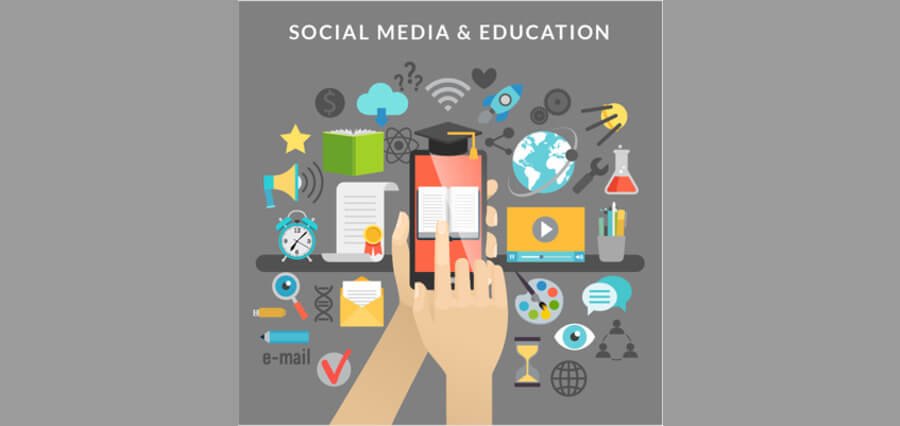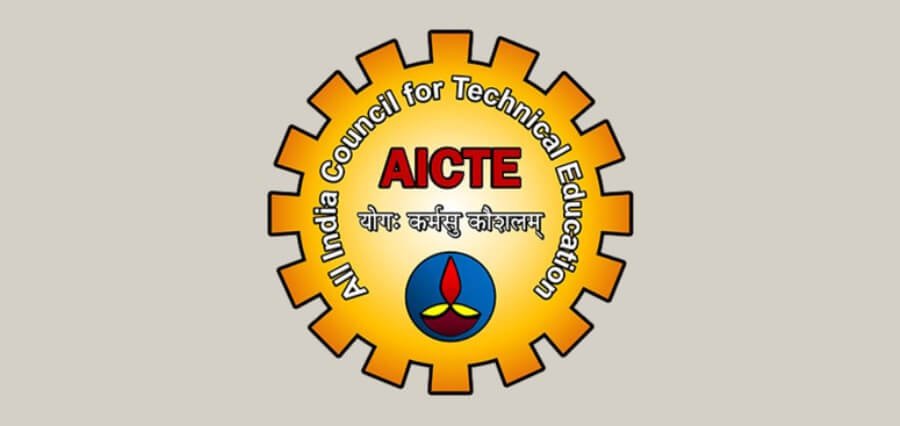Integrating Social Media in Education: Navigating the Benefits and Challenges
In the digital age, social media has become an integral part of our daily lives, profoundly impacting communication, information sharing, and social interactions. As technology continues to evolve, it has found its way into various aspects of society, including education. The integration of social media into educational settings has both proponents and critics, as it brings with it a range of potential benefits and challenges.
This article examines the advantages of utilizing social media in educational environments to gain a comprehensive understanding of its impact on students, educators, and the learning process.
Benefits of Integrating social media in Education
Enhanced Communication and Collaboration: Social media platforms offer easy and instantaneous communication channels, enabling students and teachers to interact outside the confines of the traditional classroom setting. It fosters collaboration and idea sharing, encouraging a sense of community among learners.
Engaging Learning Experience: Leveraging social media in education can transform the learning process into a more engaging and interactive experience. Educators can incorporate multimedia elements, such as videos, images, and interactive quizzes, to make the content more visually appealing and stimulating.
Personalized Learning: Social media tools can be utilized to personalize the learning experience, catering to individual student needs and learning preferences. Adaptive learning algorithms can help tailor educational content based on students’ progress and learning styles.
Real-World Relevance: By integrating social media, educators can connect classroom topics to real-world events and issues. This connection to current affairs helps students better grasp the practical applications of their learning and encourages critical thinking.
Access to a Wealth of Information: Social media enables students to access a vast pool of information beyond their textbooks. They can explore diverse perspectives and opinions, promoting a broader understanding of subjects.
Developing Digital Literacy: Integrating social media in education can enhance students’ digital literacy skills, equipping them with the capacity to navigate and utilize digital platforms responsibly and effectively.
Challenges of Integrating social media in Education
Privacy and Security Concerns: Social media platforms often collect and share user data, raising concerns about the privacy and security of students’ information. Educational institutions must establish robust privacy policies to protect students’ data from potential misuse.
Distraction and Misuse: While social media can enhance the learning experience, it also poses a risk of distraction and misuse. Students may be tempted to engage in non-educational activities during class time, affecting their academic performance.
Cyberbullying and Online Harassment: Integrating social media can increase the likelihood of cyberbullying and online harassment among students. Schools must have strict guidelines and mechanisms in place to address such issues promptly.
Information Accuracy and Reliability: Social media platforms are susceptible to misinformation and fake news. If not guided properly, students may rely on inaccurate information, leading to misconceptions and a flawed understanding of subjects.
Inequality and Accessibility: Integrating social media assumes that all students have equal access to technology along with the internet. However, disparities in access to resources may exacerbate educational inequality.
Teacher Training and Readiness: Educators need proper training and support to effectively integrate social media into the classroom. Without adequate preparation, the full potential of these tools may not be realized.
The integration of social media into educational settings can revolutionize teaching and learning experiences, fostering collaboration, engagement, and personalized learning. However, it is essential to address the challenges associated with social media use, including privacy concerns, digital citizenship education, and the digital divide. By implementing effective guidelines, teacher training programs, and ongoing support, educational institutions can maximize the benefits of social media while minimizing potential risks.
A thoughtful and balanced approach to integrating social media can empower students to become responsible digital citizens, critical thinkers, and lifelong learners in the ever-evolving digital landscape.





